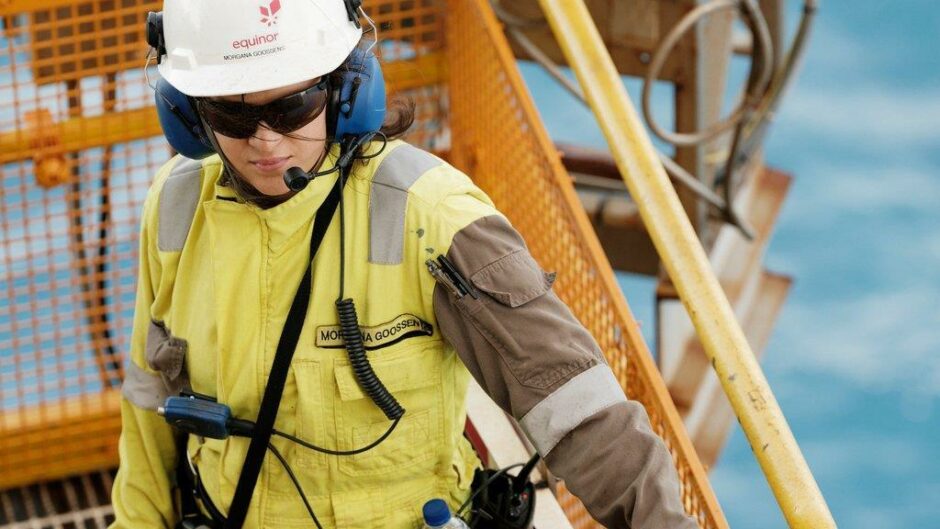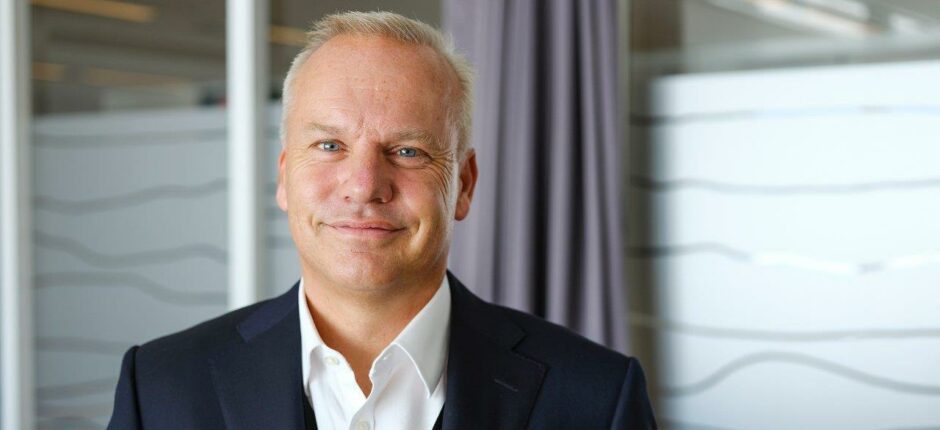
Norway’s state-owned oil company Equinor forked out $30 million in UK taxes in 2023, and now finds itself spending more than it is earning within the country.
Equinor published its global tax contributions on Monday, as it announced a bill of $33.9 billion across all regions.
On the current state of affairs, a company spokesperson told Energy Voice: “Equinor is investing heavily in the UK and has done so for several years.
“We are currently investing more than we have income, which reflects our tax position.”
Currently, Equinor is progressing with the development of the UK’s largest untapped oil field, Rosebank, located west of Shetland.
EPL changes
Last week saw chancellor Rachel Reeves deliver Labour’s first budget in 14 years, a move which resulted in the headline rate of tax imposed on North Sea operators jumping to 78%.
In addition to a 3% increase to the rate of the Energy Profits Levy (EPL), or ‘windfall tax’, Reeves also confirmed that the policy’s investment allowances have been removed.
However, the capital allowances that can make new fields more financially viable have been maintained.
Labour also extended the end date of the EPL to March 2030 – however, former chancellor Kwasi Kwarteng questioned whether the fiscal policy will ever sunset at a recent Energy Voice event.
“There’s no way it’s going to end any time soon,” he stated.
The UK tax hike brings the headline rate imposed on operators level with that paid in Equinor’s home of Norway – however, across the North Sea, oil producers are afforded investment incentives that attract further spending.
Equinor said to pay £12.3 million under EPL
The annual UK’s Extractive Industries Transparency Initiative (UK EITI) recently found that a £7.5 billion contribution was made to the exchequer last year across just 35 oil and gas firms.
UK EITI said extractive revenues rose by £763 million (11%) in 2023, with the increase being predominantly the result of the Energy Profits Levy (EPL) which increased payments by £2.2 billion in 2023.
The report found that Equinor paid just over £12.3 million under its EPL contributions.
Currently, Equinor operates the Mariner, Utgard UK and Barnacle and Statfjord UK fields in the UK, with the firm looking to bring on the controversial Rosebank project in 2030.
Norway’s oil firm offers up UK tax recommendations
The company’s report argued that a clear end date must be set for the EPL in order to support industry investment.
Equinor wrote: “The tax should only be applicable to the period the unexpected profits arise and not be applied retroactively.”
The oil giant added that by retroactively implementing a windfall tax, the government will create “uncertainty for investors and damage investment in future projects.”
It also argued that a windfall tax should be “profit based” and take into account additional spending incurred by inflation.
In its third quarter results, Equinor chief executive Anders Opedal reported a “solid operational performance” as the firm boasted an adjusted operating income of $6.89 billion. However, post-tax this figure stood at $2.04bn.
Green project taxes
The company is also making investments in UK wind, hydrogen and carbon capture and storage (CCS), with projects such as Hywind Scotland and the East Coast Cluster.
Green projects also have an increased rate of tax under the Electricity Generator Levy (EGL), which was introduced at the start of 2023.
The EGL is scheduled to come to an end on 31 March 2028 and imposes a 45% tax on “exceptional receipts generated from the production of wholesale electricity, which is sold at an average price in excess of £75 per MWh,” as Equinor explained.
The company wrote: “We recognise that volatility in the energy market creates significant challenges for businesses and households.
“This is why we continue to engage with governments, through industry associations and directly via public consultations, on proposals for the development and application of windfall taxes.
“Collaboration between industry, government and other stakeholders ensures developments in tax policy are balanced and have clear achievable objectives.”



